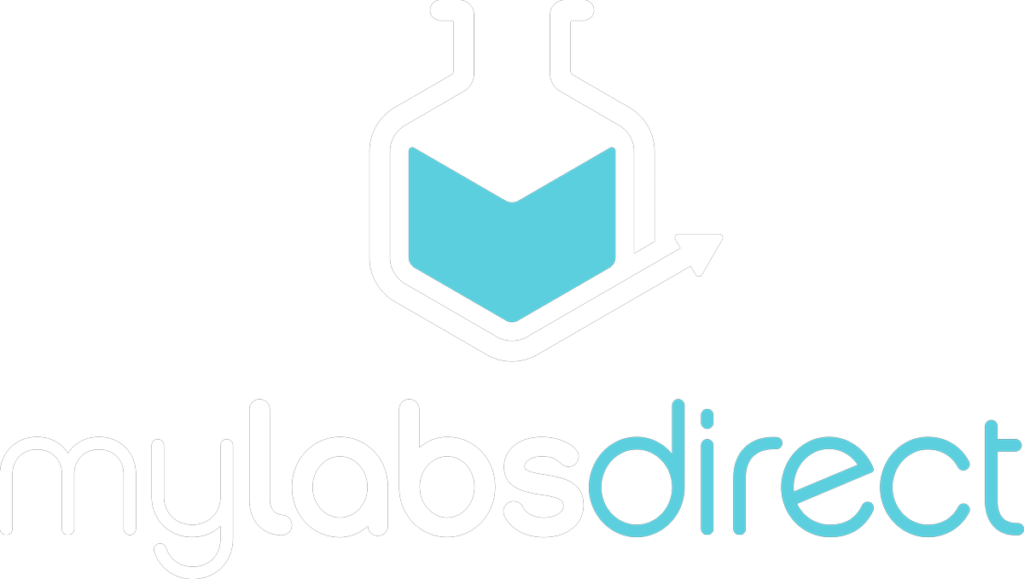Vitamin Supplements vs. Nutrient-Rich Diet: Unlocking Optimal Health and the Role of Lab Testing

In the pursuit of optimal health, the debate between relying on vitamin supplements versus consuming a nutrient-rich diet has sparked significant interest. While both approaches aim to provide essential nutrients, they differ in their effectiveness and impact on overall well-being. This blog explores the key differences between taking vitamin supplements and maintaining a nutrient-rich diet, highlighting the importance of lab testing in monitoring nutrient values for optimal health outcomes.
1. Vitamin Supplements: Convenience or Complete Solution?
Vitamin supplements offer a convenient way to obtain essential nutrients quickly. However, they should not be viewed as a complete substitute for a nutrient-rich diet. Here’s why:
· Isolated Nutrients: Supplements often contain isolated vitamins or minerals, lacking the full spectrum of nutrients found in whole foods. Whole foods offer a complex matrix of nutrients that work synergistically to support optimal health.
· Nutrient Interactions: Nutrients in whole foods interact with each other, enhancing absorption and utilization within the body. This synergy is absent in isolated supplements, potentially affecting their effectiveness.
· Bioavailability: While supplements aim to provide nutrients, their bioavailability (the body’s ability to absorb and use them) varies. Some nutrients are better absorbed when consumed through food sources rather than supplements.
2. Nutrient-Rich Diet: A Holistic Approach to Optimal Health
A nutrient-rich diet emphasizes the consumption of whole, minimally processed foods to ensure a comprehensive intake of essential nutrients. Here’s why it is vital for achieving optimal health:
· Micronutrient Diversity: Whole foods offer a diverse range of vitamins, minerals, antioxidants, and phytochemicals that work synergistically to support various bodily functions and promote overall well-being.
· Fiber and Phytonutrients: Whole foods are rich in dietary fiber and phytonutrients, which play key roles in maintaining gut health, regulating blood sugar levels, supporting cardiovascular health, and reducing the risk of chronic diseases.
· Sustained Energy: Whole foods provide a balance of macronutrients (carbohydrates, proteins, and fats) that promote sustained energy levels and help avoid the blood sugar spikes associated with processed foods and supplements.
3. The Role of Lab Testing in Monitoring Nutrient Values:
Lab testing plays a crucial role in assessing nutrient values and ensuring optimal health. Here’s how it helps:
· Identifying Nutrient Deficiencies: Lab tests, such as blood work, can identify nutrient deficiencies or imbalances, enabling targeted interventions to restore optimal levels.
· Personalized Nutritional Plans: Lab tests help healthcare professionals develop personalized nutritional plans tailored to an individual’s specific needs, taking into account nutrient deficiencies, absorption issues, and other factors.
· Monitoring Effectiveness: Regular lab testing allows for the monitoring of nutrient levels over time. This helps assess the effectiveness of dietary changes or supplementation and facilitates adjustments as needed.
· Preventing Excesses: Lab testing helps prevent the risk of excessive nutrient intake, which can have adverse effects on health. Monitoring nutrient levels ensures that supplementation remains within safe limits.
Conclusion:
While vitamin supplements offer convenience, they cannot replace the nutritional benefits of a diverse, nutrient-rich diet. Whole foods provide a comprehensive array of nutrients, fiber, and phytonutrients that work synergistically to support optimal health. Lab testing is essential for assessing nutrient values, identifying deficiencies, and monitoring the effectiveness of dietary interventions. Embracing a nutrient-rich diet, guided by lab testing, is a holistic approach to achieving and maintaining optimal health and well-being.
Click HERE to order your Nutrient Health At-Home Lab Test from MyLabsDirect today!

